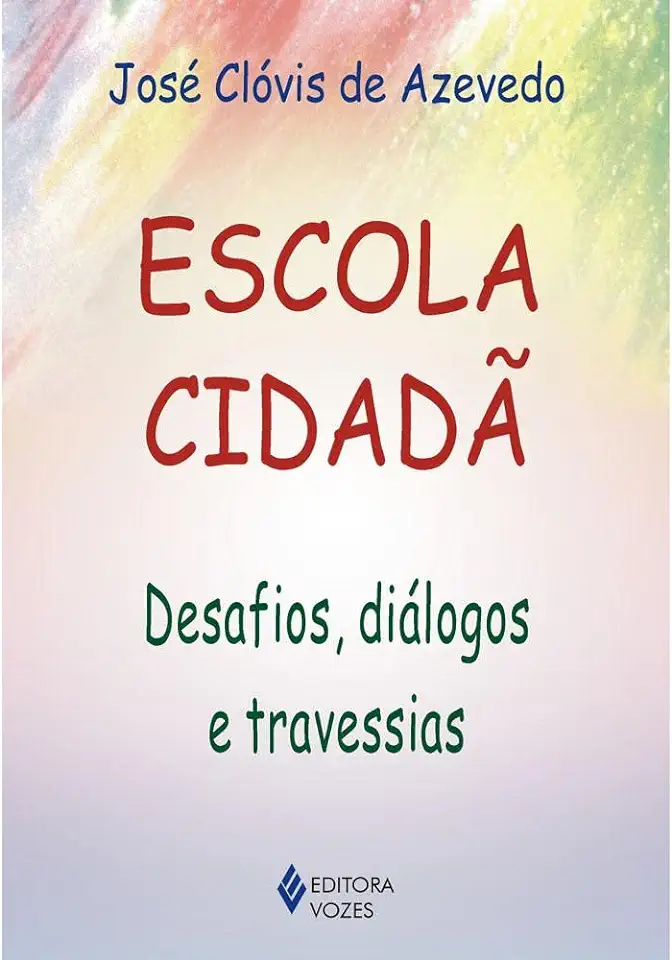
Citizen School: Challenges, Dialogues and Crossings - José Clóvis de Azevedo
Citizen School: Challenges, Dialogues and Crossings - José Clóvis de Azevedo
A must-read for anyone interested in education, social justice, and the future of our democracy.
In Citizen School, José Clóvis de Azevedo argues that the traditional model of schooling is no longer adequate to the needs of our rapidly changing world. He proposes a new vision of education, one that is based on dialogue, collaboration, and critical thinking. Azevedo draws on his own experiences as a teacher and administrator to show how this new model can be put into practice. He also provides a wealth of research to support his claims.
Citizen School is a powerful and inspiring book that will change the way you think about education. It is a must-read for anyone who cares about the future of our children and our democracy.
Key Concepts
- Citizen school: A school that is committed to educating students for democracy.
- Dialogue: A process of communication in which people share their ideas and experiences in order to learn from each other.
- Collaboration: A process of working together to achieve a common goal.
- Critical thinking: The ability to think critically about information and ideas.
Challenges
Azevedo identifies a number of challenges that face citizen schools. These challenges include:
- The traditional model of schooling: The traditional model of schooling is based on the transmission of knowledge from teacher to student. This model is no longer adequate to the needs of our rapidly changing world.
- The lack of resources: Citizen schools often lack the resources they need to provide a high-quality education. These resources include funding, facilities, and materials.
- The resistance to change: There is resistance to change from both teachers and administrators. Many teachers and administrators are comfortable with the traditional model of schooling and are reluctant to change.
Dialogues
Azevedo argues that dialogue is essential for citizen schools. Dialogue allows students to share their ideas and experiences with each other and to learn from each other. It also helps students to develop critical thinking skills.
Azevedo provides a number of examples of how dialogue can be used in the classroom. For example, he describes a lesson in which he asked students to discuss the following question: "What does it mean to be a good citizen?" The students had a lively discussion about this question, and they came up with a variety of different answers. Azevedo then used the students' answers to help them develop a definition of good citizenship.
Crossings
Azevedo argues that citizen schools should be places where students can cross boundaries and learn from each other. He describes a number of ways in which students can cross boundaries in citizen schools. For example, he describes a school in which students from different socioeconomic backgrounds were able to learn from each other about their different experiences. He also describes a school in which students from different cultures were able to learn from each other about their different traditions.
Azevedo believes that citizen schools can help to create a more just and democratic society. He argues that citizen schools can help students to develop the skills and knowledge they need to participate in democracy. He also believes that citizen schools can help to break down the barriers that divide people.
Conclusion
Citizen School is a powerful and inspiring book that will change the way you think about education. It is a must-read for anyone who cares about the future of our children and our democracy.
Enjoyed the summary? Discover all the details and take your reading to the next level — [click here to view the book on Amazon!]